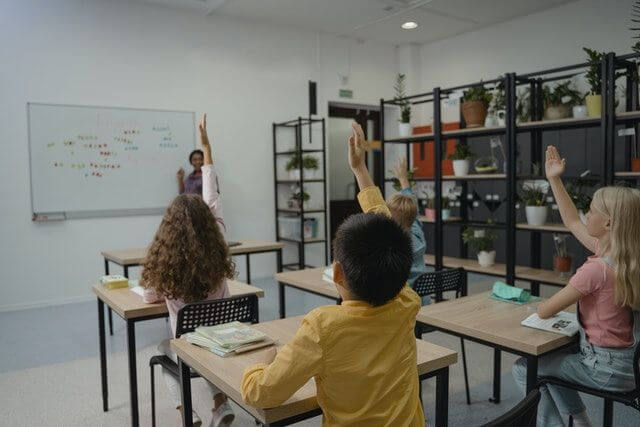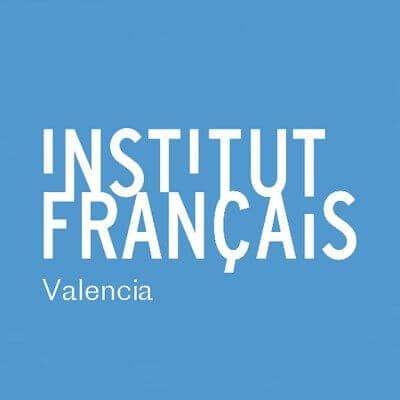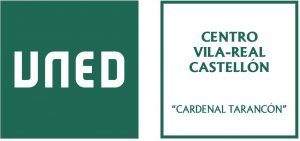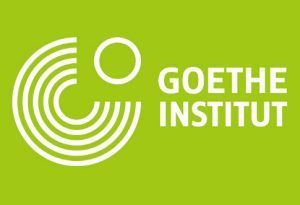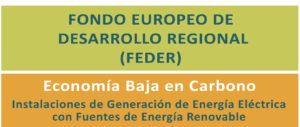What are metalinguistic skills and how are they stimulated?
Metalinguistic skills are a fundamental part of learning. The early academic years are very important for establishing the language skills we will use in the future. Metalinguistic skills allow us to reflect on our communicative abilities, taking in language from a global point of view.
At British School of Vila-Real we base a large part of our educational programmes on language learning, so it is very important for us to encourage metalinguistic skills in our students from the first years of school.
What are metalinguistic skills?
What we know as metalinguistic skills are a set of abilities that allow us to reflect on language. When we learn a language, we usually identify two levels of learning, the theoretical and the practical. On the theoretical level, we are able to assimilate the grammar, syntax or vocabulary of a language, whether it is our mother tongue or any other language, while the practical part refers to the communicative actions of the language.
In addition to the theoretical and practical aspects, we also carry out a learning process that has to do with metalinguistic skills, i.e. the processes of reflection on the language itself. Through metalinguistics, we learn how to analyse our communication, grounding the concepts we have learned and understanding linguistic structures and mechanisms.
Metalinguistics in academic learning
The metalanguage part of learning brings a different point of view to the learner. From the age of 4, a person already has enough experience to begin to analyse the language he or she uses at a basic level, in this sense, it is important to have acquired an adequate level of communication, in order to have enough subjects to reflect on language.
A 4-year-old pupil can already engage in a general reflection on language. In the early stages, what we are looking for is for the pupil to ask questions about listening, speaking, etc., and how language affects his or her own emotions or what the usual uses of language are.
In later stages, the learner begins to assimilate technical concepts about language itself, for example, being able to break down words into smaller parts, such as syllables or phonemes. From this knowledge, we can begin to understand how language works at different levels.
Eventually, academic programmes include morphosyntax, learning about the lexical aspects of language, etc.
Metalinguistics in foreign language learning
Metalinguistic skills are not exclusive to the mother tongue, they also form part of the learning of other languages. At British School of Vila-Real we develop learning programmes in which languages are very important throughout all stages of education. Through metalinguistic processes we ensure that the student is not only able to memorise and put into practice the basics of various languages, but that they are able to understand the internal structure of the language, identifying its peculiarities.
Traditional academic programmes incorporate subjects related to metalanguage, usually applied to the mother tongue. In the case of our educational method, we also include metalinguistic analyses of the languages our students learn, so that they are able to understand the peculiarities of each language, as well as their similarities.
Metalinguistic skills
Metalinguistic skills are a set of complex abilities which, in reality, we develop on a permanent basis, however, there are a series of basic skills, which are the following:
- Phonology: This refers to the reflection we carry out on the relationship between phonemes and graphemes, i.e. between written language and spoken language.
- Morphosyntax: The ability we have to create meaningful sentences, the relationship between which gives rise to complex yet comprehensible texts.
- Semantics: The meaning and interpretation of words, and how they influence communication.
- Pragmatics: Pragmatic ability refers to the way in which we put into practice our ability to express ourselves through different languages.
The metalinguistic analysis we carry out allows us to improve all the structures present in language. If we establish methods of analysis from the first academic years, a pupil will be able in the future to go deeper into the use of different languages on his or her own.
The importance of languages at British School of Vila-Real
At British School of Vila-Real we develop educational programmes in which language learning is of vital importance. From the first academic years, our pupils learn not only the practical and theoretical aspects of language, but also begin to be able to analyse the functioning of communication, based on metalanguage. Stimulating this type of skills allows them to improve their learning and to apply this capacity for analysis to other subjects.
